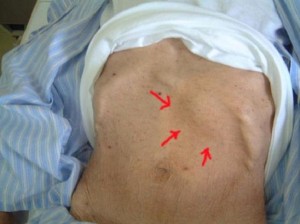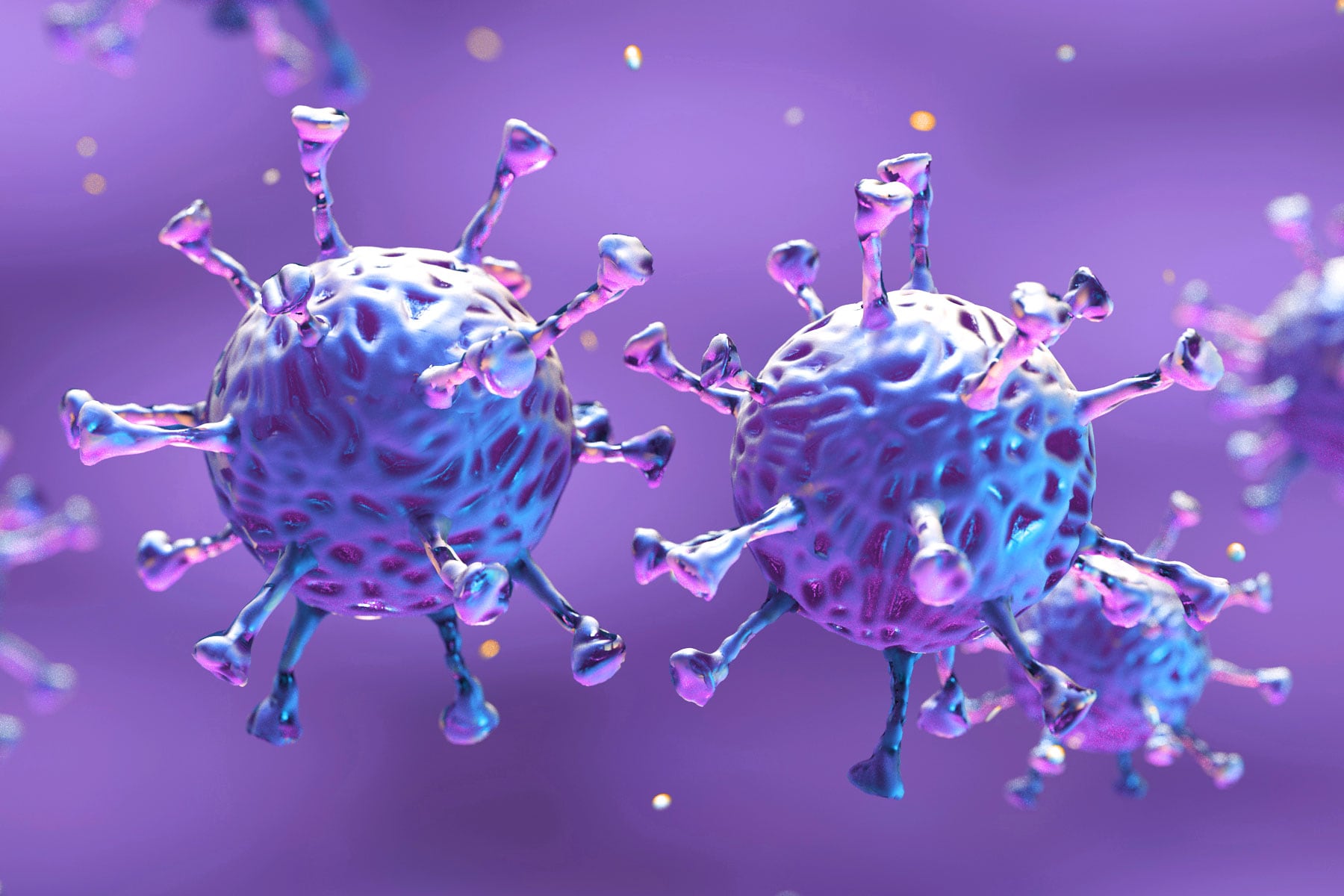Chronic Myelogenous Leukemia Symptoms, Causes, Diagnosis and Treatment

What Is Chronic Myelogenous Leukemia?
The terms ‘chronic’ and ‘myelogenous’ defines what the disorder is. Since myeloids, specific white blood cells that further produce platelets, red blood cells and other white blood cells are affected in this disorder and the progression rate of cancer is slow, the disorder is known as chronic myelogenous leukemia. Conversely, acute myelogenous leukemia is the same disease but the only difference is that cancer tends to grow faster in acute leukemia. Chronic myelogenous leukemia is also known as chronic granulocytic leukemia and chronic myeloid leukemia.
What Are The Symptoms Of Chronic Myelogenous Leukemia?
Since this cancer is chronic, symptoms may not evolve in early stages but as it grows, the following symptoms may show up:
- Fever.
- Frequent bleeding of nose and gums.
- Fatigue.
- Paleness of skin.
- Unexpected sweating at night.
- Pain below the left ribs.
- Weight loss and disturbed appetite.
Although treatment may not be required at early stages but victims are highly suggested to consult a doctor if any combination of these symptoms evolves.
What Causes Chronic Myelogenous Leukemia?
The development of chronic myelogenous leukemia is divided into three processes. However, no medical research or study could yet discover how the first process starts.
- An abnormal chromosome is first produced. There are 23 pairs of chromosomes in human body. A very small chromosome is developed known as Philadelphia chromosome and this is found in most of chronic myelogenous leukemia victims.
- A new gene is produced due to this abnormal chromosome.
- This gene results in system malfunction and produces diseased white blood cells.
What Are The Risk Factors Of Chronic Myelogenous Leukemia?
This type of leukemia is not linked to family reasons anyhow. Other risk factors include:
- Exposure to high radiation.
- Old age.
- Gender; it is found more commonly in men.
What Are The Complications Associated With Chronic Myelogenous Leukemia?
Chronic myelogenous leukemia can, rarely though, worsen the condition of a person. Complications include:
- Too much bleeding.
- Enlargement of spleen.
- Severe pain and fatigue.
- Death.
How Is Chronic Myelogenous Leukemia Diagnosed?
As chronic myelogenous leukemia grows slowly, diagnosis is usually done when symptoms begin to evolve. The following tests are carried out to diagnose chronic myelogenous leukemia:
- Bone marrow test.
- Blood test.
- Philadelphia chromosome test.
Apart from these common tests, doctors may also take a physical exam since they do not only diagnose chronic myelogenous leukemia but also determine the phase or severity of it.
How Is Chronic Myelogenous Leukemia Treated?
The abnormal genes responsible for chronic myelogenous leukemia, BCR-ABL, cannot be eliminated completely but the following medicinal drugs can be helpful in reducing the number of abnormal genes significantly:
- Nilotinib.
- Bosutinib.
- Imatinib.
- Dasatinib.
- Omacetaxine.
Other ways of treating the disorder includes:
- Chemotherapy.
- Transplant of blood stem cell.
- Biological therapy.
Since the reason of why the entire process begins is unknown, there is no possibility of preventing chronic myelogenous leukemia except for avoiding high radiations.
By : Natural Health News




